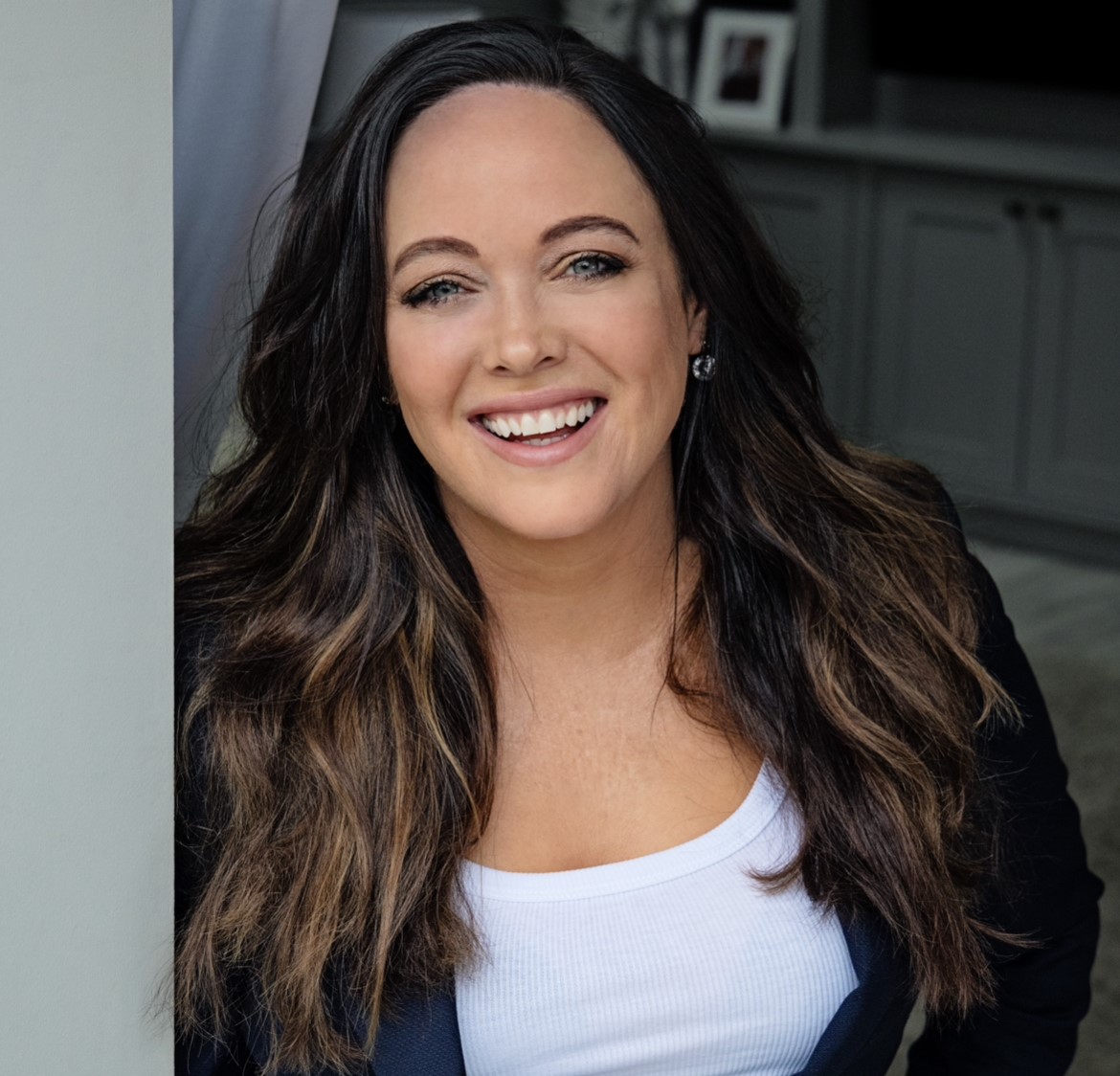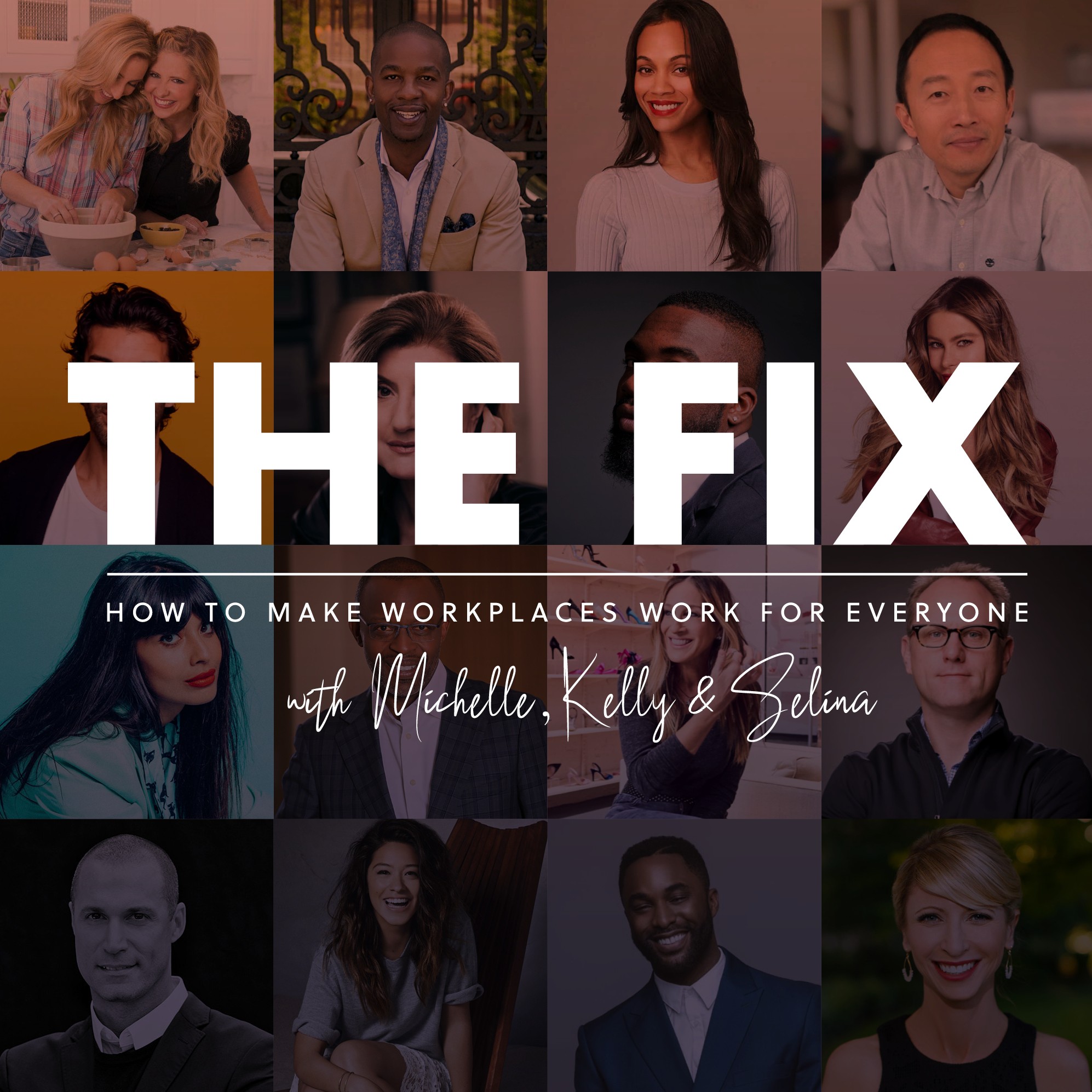Colleen Ammerman: 3 Workplace Biases That Derail Midcareer Women
Description
In today’s episode of The Fix, we are going to unpack the specific challenges that women face at the midpoint in their careers, with Coleen Ammerman, the director of the 'Gender Initiative' at Harvard Business School and coauthor, with Boris Groysberg, of 'Glass Half-Broken: Shattering the Barriers That Still Hold Women Back at Work'. Colleen shares why the barriers to women’s advancement at work are greatest around the midpoint in their careers.
Inequality is particularly challenging for women managers because of the continued acceptance and denial of negative gender norms at work. For example, according to one study outlined in Michelle’s book, 'The FIX: How to Overcome the Invisible Barriers That Are Holding Women Back at Work', about 82% of the 350 male CEOs surveyed agree that the key barrier women face at work is a lack of general or supervisory experience. However, only 47% of the 461 female leaders surveyed agree that this is a key barrier.
This difference comes down to the widely held belief, established through the patriarchy and that women are simply less capable than men. This shows up when men say things like “She needs more time to round out her experience” or even “She needs more time to prove herself”, about women who are just as experienced as their male colleagues. Experience is not the issue here. Women must overcome the widespread belief that they are just not as competent as men. Colleen explains the scrutiny women encounter at the midpoint in their careers when it comes to performance.
During our discussion, Colleen shares with us some key actions she believes we need to take to remove the barriers women face at work.
Action One: Acknowledge that inequality is a workplace issue. We need to fix the processes and systems that create inequality by removing the biases in how companies hire, develop, reward and promote women.
Action Two: We need managers to be committed to being objective and making decisions which both recognize and remove their own biases. This starts with leaders becoming aware of how their beliefs about competence and leadership could negatively impact the judgments they make about women at work.
Action Three: You have the power to advocate for yourself and your colleagues. When decisions are made in your workplace about women or minorities that limits them or their advancement, always ask why. Why is this requirement used for promotion decisions? Why are we not asking the same of men? Why do women need to do more to be considered for a promotion? Why can’t mothers lead? Why are there so few women leaders in our organization? If you are ever unsure about whether to ask why or whether the situation is an example of an invisible barrier, consider if the situation is something a man is likely to experience. Would men’s promotability be limited if they got married? Is a man’s leadership capability questioned when he becomes a father? If the answer is no, then push back. Keep asking why until the real problem surfaces.
Glass Half-Broken: Shattering the Barriers That Still Hold Women Back at Work.
























